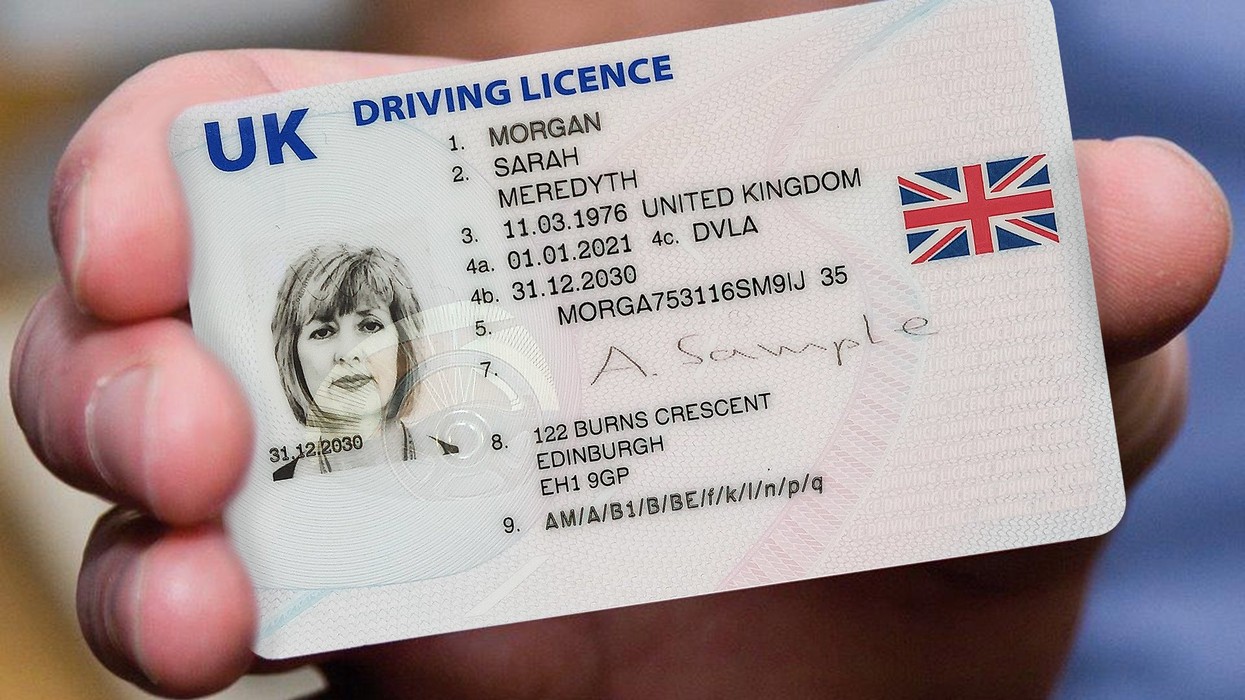Don't Miss
Most Read
Trending on GB News
One in four adults in England who test positive for Covid-19 no longer follow the rules for self-isolating, a new survey suggests.
Some 75% of respondents said they fully adhered to the isolation requirements for the entire 10-day period after testing positive for coronavirus.
This is down from 78% in September and 86% in May, according to the Office for National Statistics (ONS) which compiled the survey.
The latest figures are based on responses collected from adults in England between November 1 and 6.
The ONS described the drop from May to November as “statistically significant”.
The survey also found one in four adults (25%) said they carried out at least one activity during self-isolation that was against the requirements, such as leaving home or having visitors for reasons not permitted under the rules.
This is up from 22% in the September survey.
Tim Gibbs, head of the ONS public services analysis team, said: “The latest results show that although the majority of those testing positive for Covid-19 are following self-isolation requirements, there has been a decrease since earlier this year.
“It’s important that we continue to self-isolate when necessary in order to help keep everyone safe and stop the spread of the virus, especially as we are moving into the winter months.”
Some 74% of 18 to 34 year-olds said they fully followed the rules for self-isolating – down from 82% in September.
Around a third (34%) of people who tested positive said that self-isolation had a negative effect on their wellbeing and mental health.
This is unchanged from September but down from 42% in July.
The ONS added that the figures should be treated with care, as the survey was based on a relatively small sample of respondents who chose to report their own behaviour.










